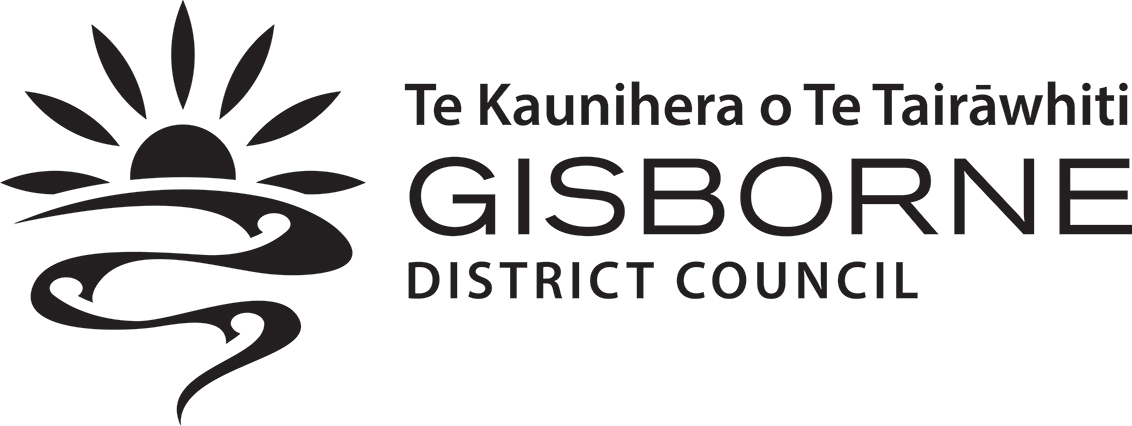8 May 2025
Council’s Sustainable Tairāwhiti committee relaxed the rules around the proximity of sensitive sites to businesses selling alcohol in the CBD as part of the Local Alcohol Policy.
The decision follows both early engagement late last year in November and a formal consultation process in March this year.
The early engagement targeted stakeholders and partners and attracted 1067 votes and 62 submissions, with 82% disagreeing with the policy.
The formal consultation process this year saw 207 submissions received – 137 supported retaining the existing policy (Option 1), while 69 supported the proposed changes (Option 2). One submitter was undecided. 10 individuals provided verbal feedback at a public hearing held on 29 April, including representatives from community organisations, iwi, public health, and the hospitality sector.
At the meeting, the committee adopted amendments to the Local Alcohol Policy 2024 on the proposed changes to clause 3.1 – the policy’s sensitive sites provisions.
The change introduces an exemption for new alcohol licence applications within the CBD and enables the District Licensing Committee to consider exemptions outside the CBD on a case-by-case basis.
The review of clause 3.1 was initiated by Council in June 2024 to consider concerns about the impact of the existing sensitive sites provisions on investment and vibrancy in the CBD.
The policy is there to provide guidance to the District Licensing Committee and Alcohol Regulatory and Licensing Authority when assessing new alcohol licence applications.
The revised policy takes effect upon public notification, in accordance with section 90 of the Sale and Supply of Alcohol Act 2012. The next statutory review of the policy is scheduled for 2030.
Council acknowledges the high level of community interest in the review and thanks all who contributed to the process.
Councillors today all had sympathy with those who had spoken against the change at the hearing and acknowledged the harm alcohol continued to cause to the region and particularly to Māori.
Councillor Teddy Thompson said today was to correct a 2024 decision that had created unintended consequences for the CBD. He said it had been implied during the hearing that any bar was detrimental to Gisborne and significantly increased alcohol harm, but that wasn’t correct.
Councillor Debbie Gregory said she had seen and experienced the devastating impacts alcohol could have. She acknowledged there had been a lot of emotion around the CBD kura and the bar that had been unable to open. The hearing itself had exposed a massive problem on the effects of alcohol but that was not something Council could fix.
Mayor Rehette Stoltz agreed saying the alcohol issues in the community called for a collaborative mental health government approach.
Councillor Ani Pahuru-Huriwai said she could see both sides of the argument and said she would love to see a vibrant CBD that wasn’t reliant on alcohol. She did not support the change.
Councillor Aubrey Ria had “much aroha” for the kura but supported the change as she felt it was the best option for the CBD and growth.
Councillor Rawinia Parata highlighted that Council was part of the puzzle – to fix things – but not the answer for everything. “We govern what is best for the region,” she said.
Tairāwhiti was still in recovery and for a long time had significant under-investment. The CBD was the place for hospitality and if that was not encouraged by Council then they were holding themselves back.
Also speaking in favour of the change were councillors Larry Foster, Colin Alder and Rob Telfer. Cr Foster said sensitive sites rules were not something that belonged in the CBD which was for retail, business, hospitality and inner city living. “Without those we will suffer.”
Cr Nick Tupara was adamantly against the change calling alcohol a “colonial weapon against indigenous people around the world”.
He felt the sensitive sites policy had been the best thing Council had done. “Alcohol has been used as a weapon to take land and create addiction . . . enough is enough,” he said.
Cr Tupara felt “whole thing is a joke”.
He and Cr Ani Pahura-Huriwai voted against the change.
For more information about the Local Alcohol Policy amendment
